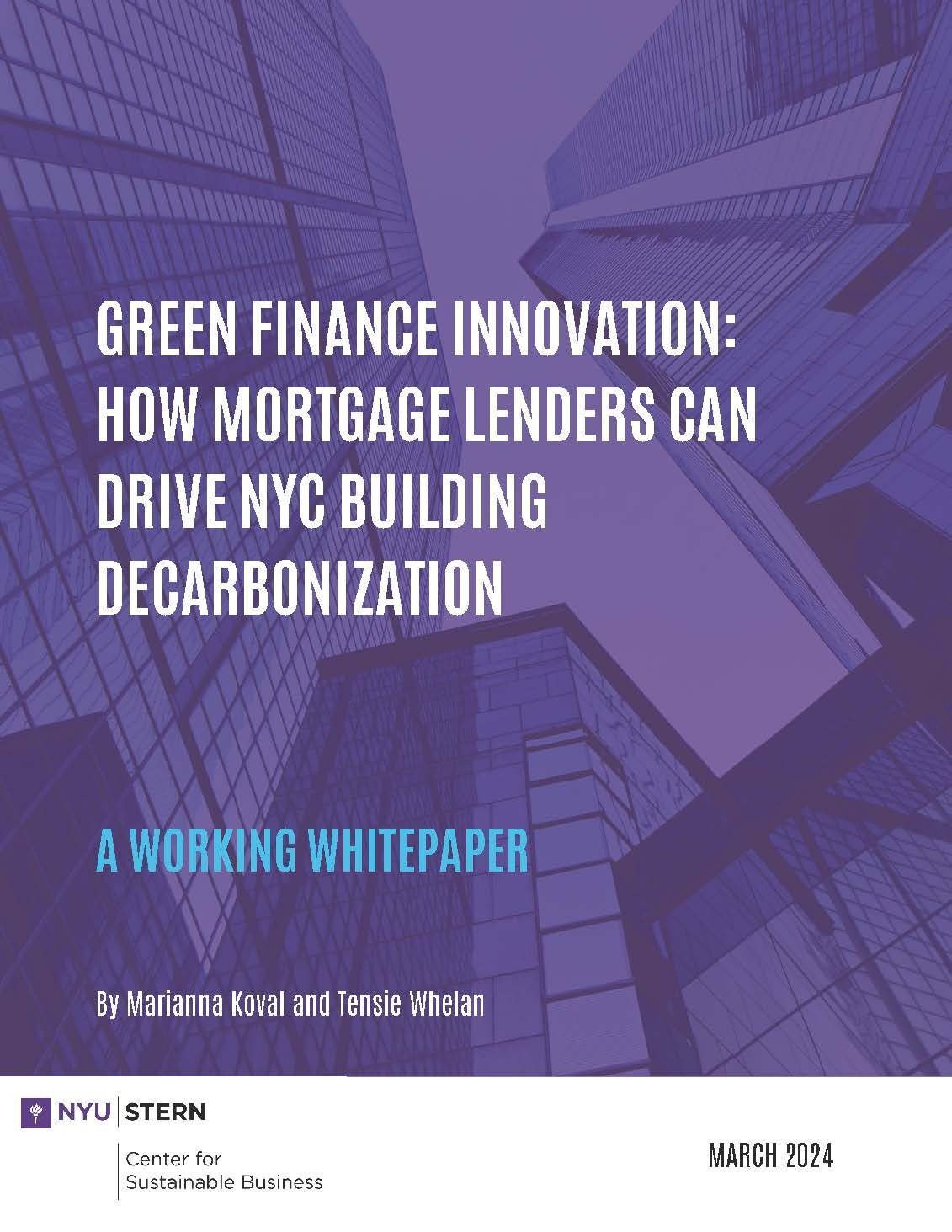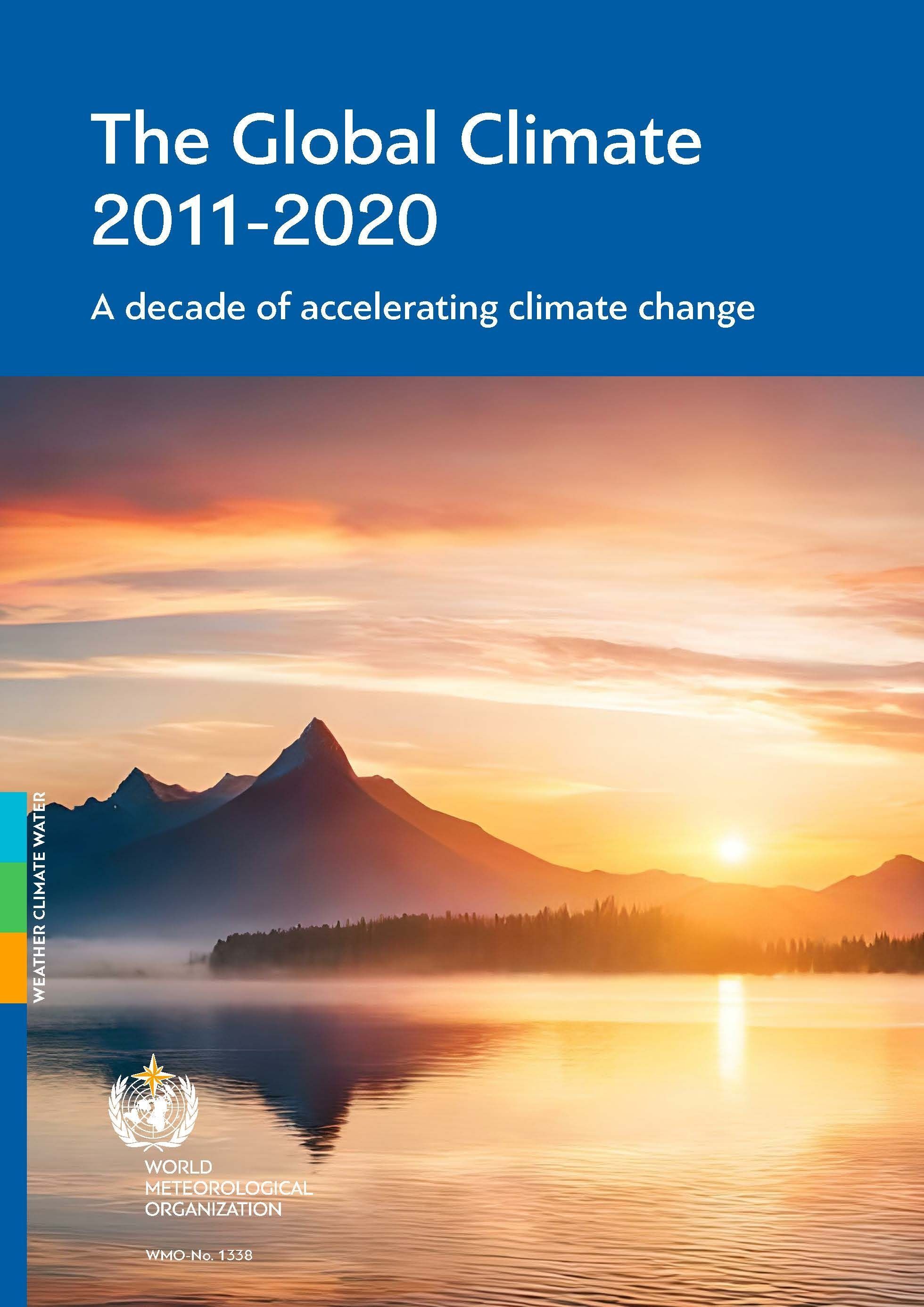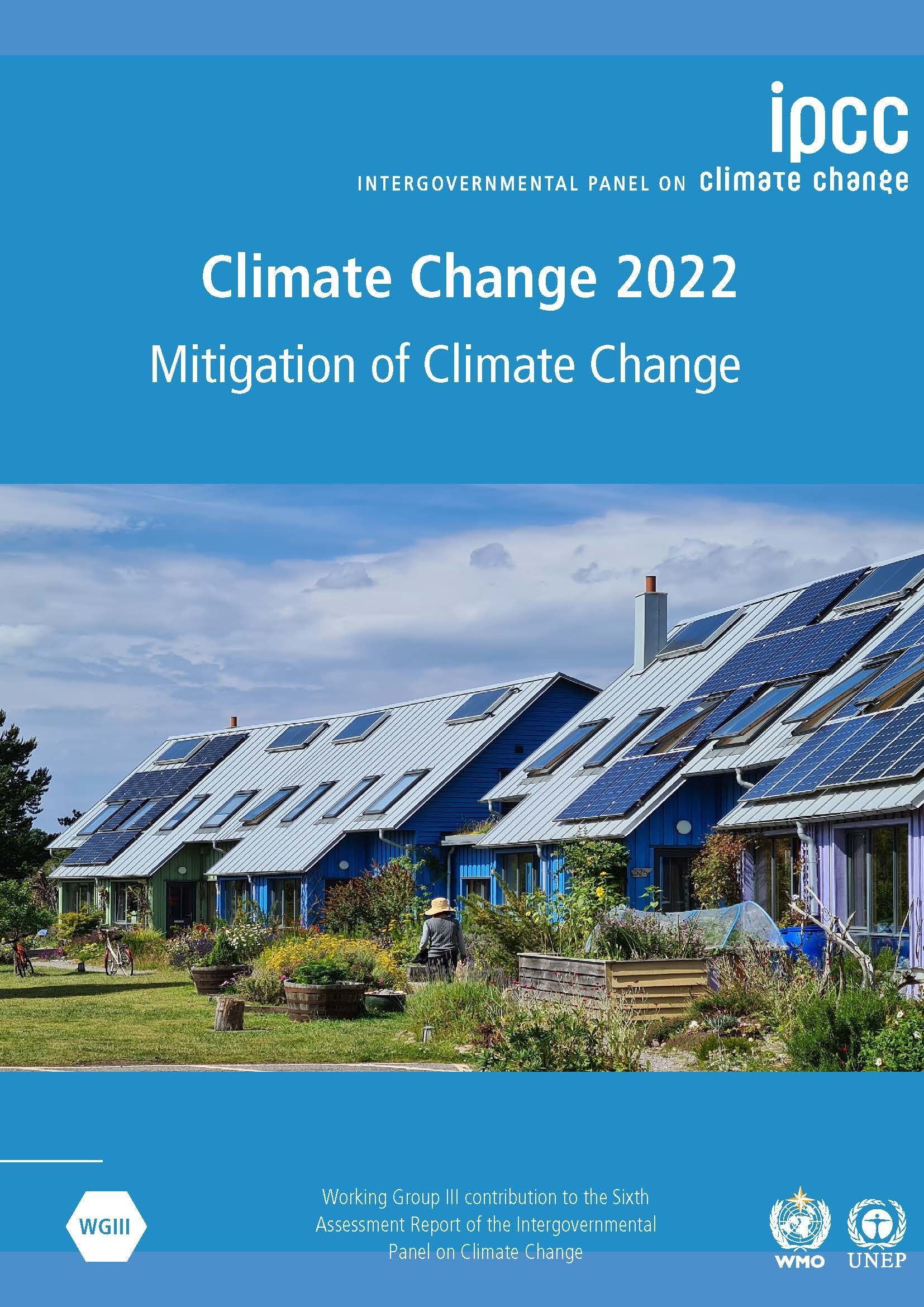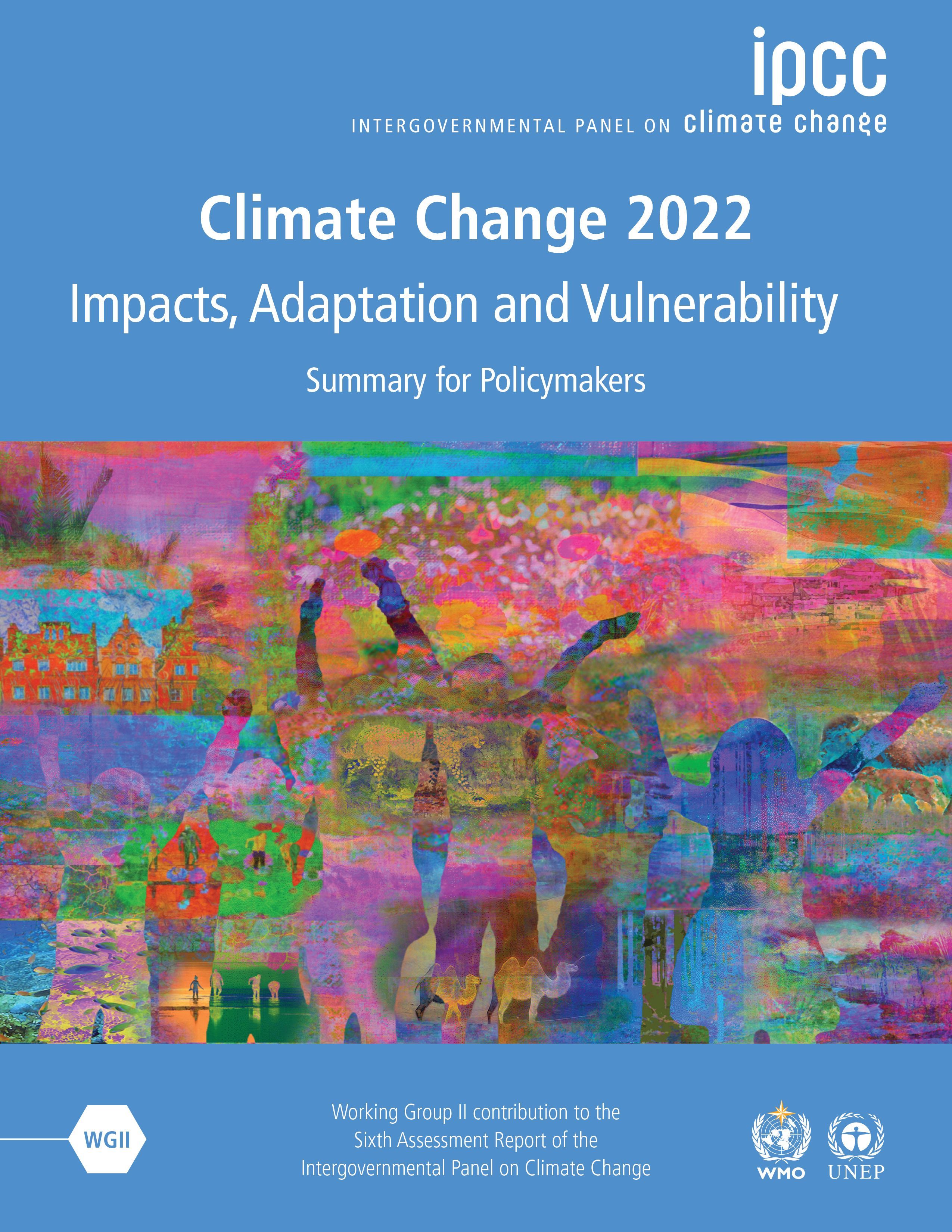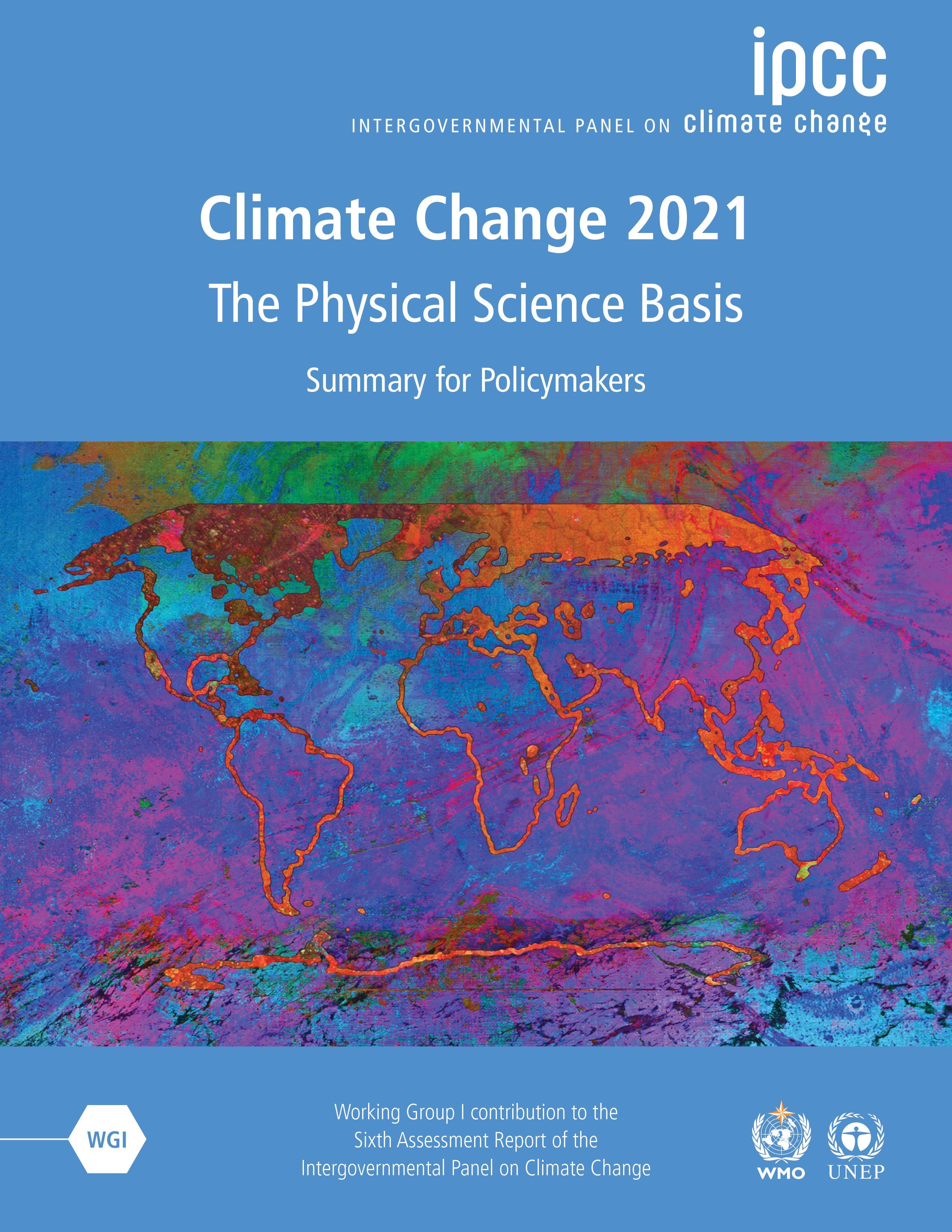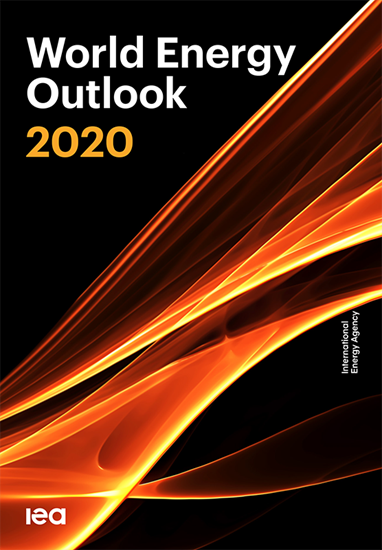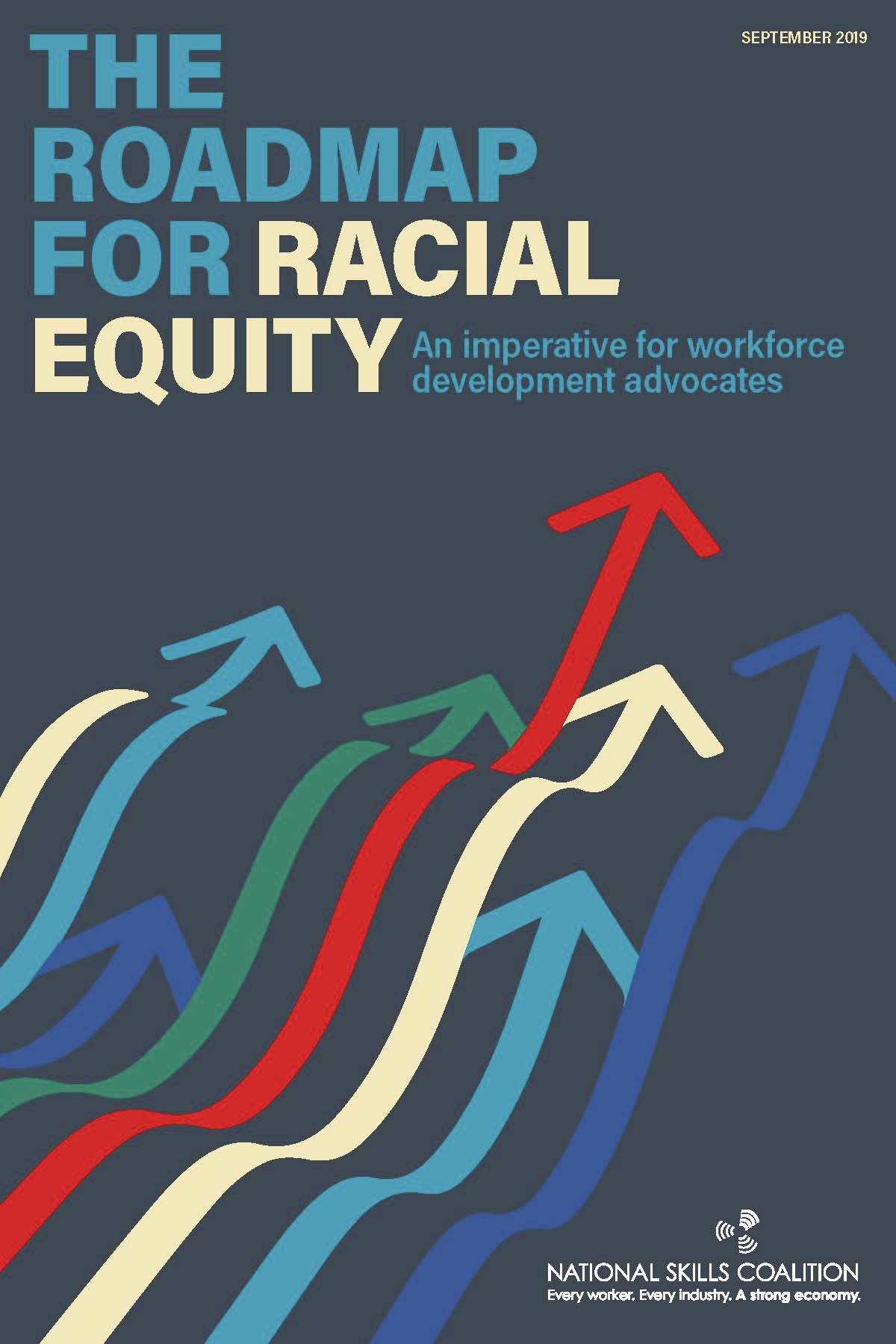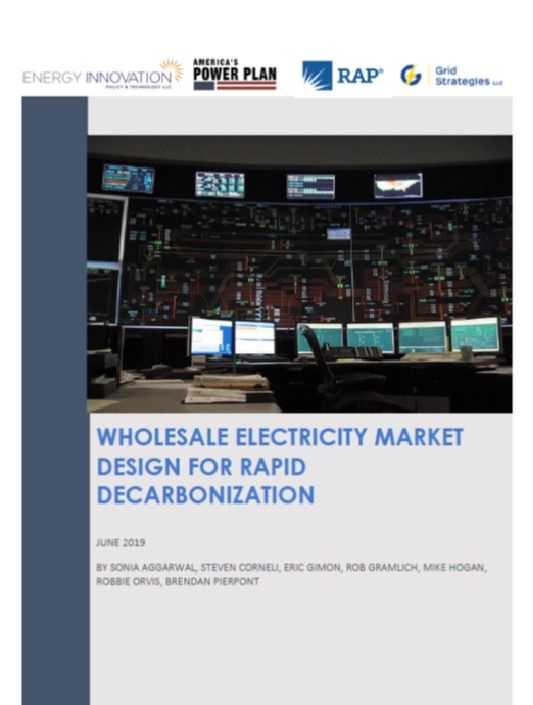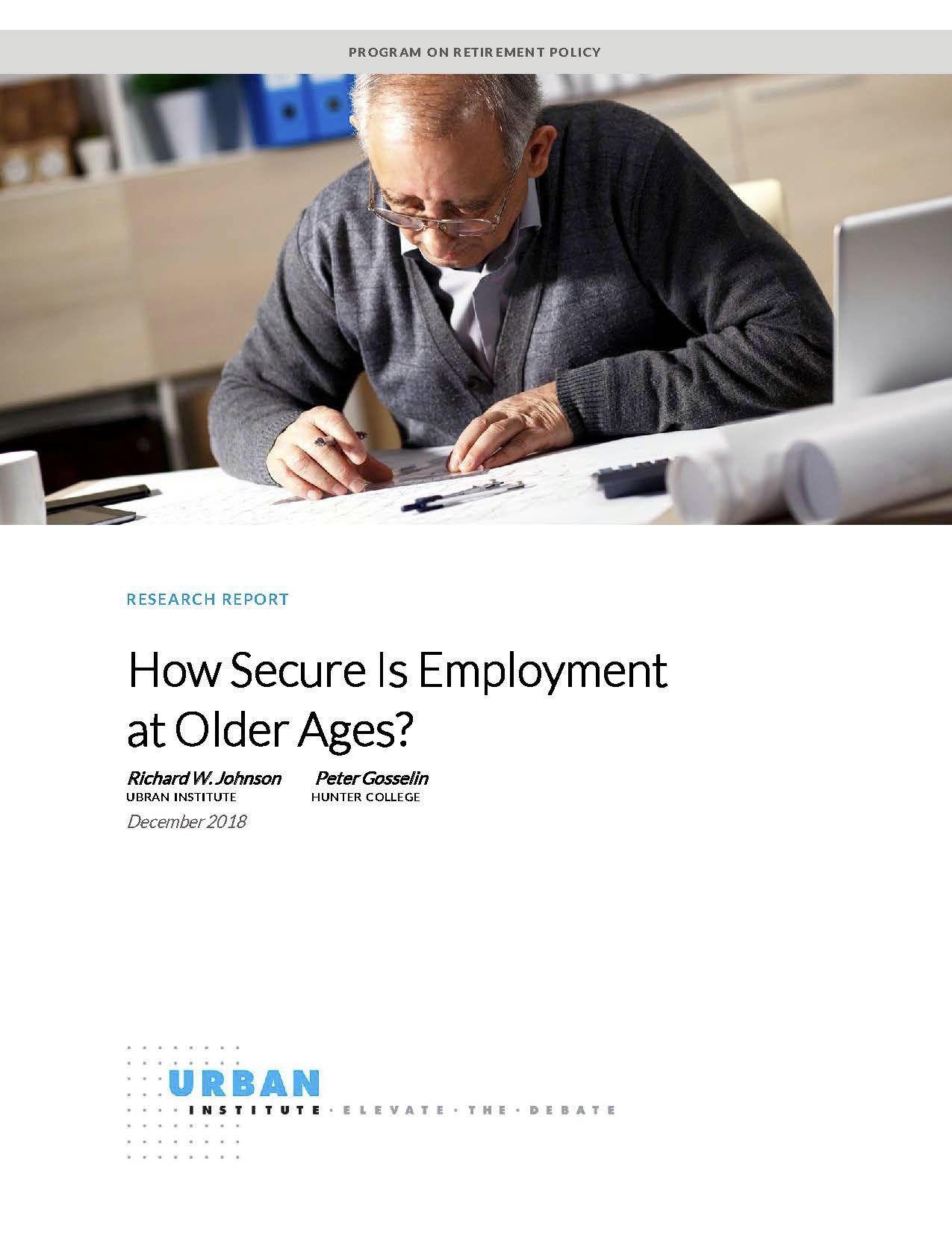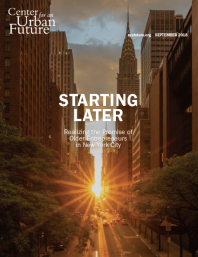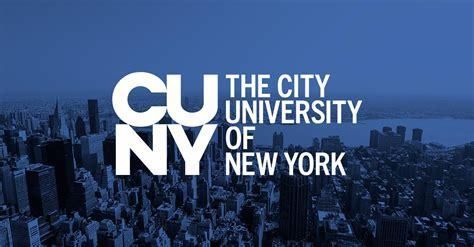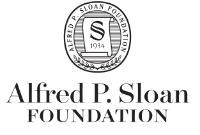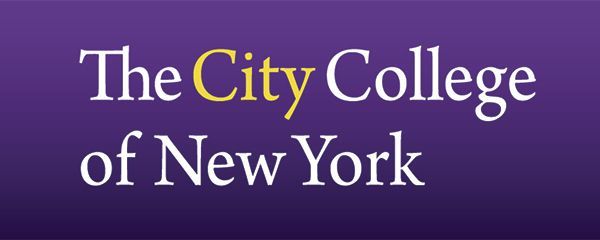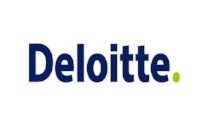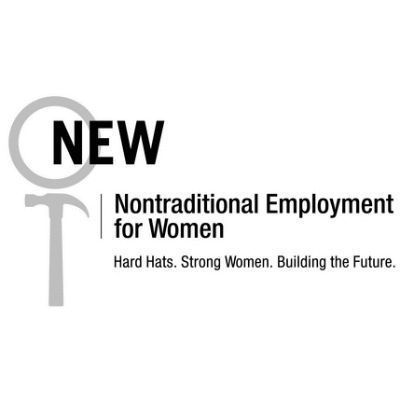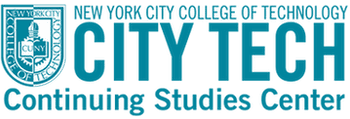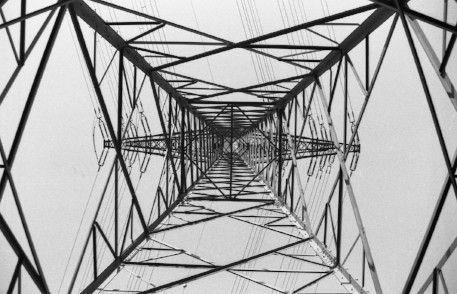
3Q Innovation conducts proprietary clean energy & energy efficiency economic research for many different projects and partners.
So please consider us if you require assistance with your next economic or workforce development research project. Submit research request.
We also monitor outside research related to 3Q Innovation's work. See the list below for reports of special note.
Progress is being made in linking building decarbonization goals to financing alternatives, but billions of dollars in investment are still needed to undertake green building retrofit projects. This white paper is intended to spark conversation and further research into practical solutions for building decarbonization finance in New York City, across the United States, and around the world.
The rate of climate change surged alarmingly between 2011-2020, which was the warmest decade on record. Continued rising concentrations of greenhouse gases fueled record land | ocean temperatures and turbo-charged a dramatic acceleration in ice melt and sea level rise. This report documents both how extreme events across the decade had devastating impacts and how improvements in forecasts, early warnings and coordinated disaster management and response are making a difference.
This analysis is the result of a multi-agency collaboration between regional NMHSs, the WMO, national statistics offices and specialized agencies of the United Nations.
This is the third (and final) part of the IPCC's Sixth Assessment Report. (Part 1 was released in August 2021 and Part 2 in February 2022.)
Part III of the report provides an updated global assessment of climate change mitigation progress and pledges, and examines the sources of global emissions. It explains developments in emission reduction and mitigation efforts, assessing the impact of national climate pledges in relation to long-term emissions goals.
This is the second part of the IPCC's Sixth Assessment Report (part one was released in August 2021).
Part two of the report is specifically geared for policymakers and is from the Working Group II contribution to the IPCC Sixth Assessment Report. It assesses the impacts of climate change on ecosystems, biodiversity, and human communities at both the global and regional levels. The report also reviews vulnerabilities, capacities, and limits of the natural world and human societies to adapt to climate change.
The latest IPCC report confirms climate change is widespread and intensifying. It also underscores the urgent need for strong, sustained cuts in greenhouse gas emissions.
In its Sixth Assessment Report, IPCC presents the most up-to-date physical understanding of global climate systems and climate change. The report reflects the latest advances in climate science and includes a combination of multiple lines of evidence from paleoclimate, observations, process understanding, and both global & regional climate simulations.
International Energy Agency's World Energy Outlook for 2020. Content includes: Overview and key findings; An energy world in lockdown; Building on a sustainable recovery; Achieving net zero emissions by 2050...and more.
This National Skills Coalition report : 1) explores the racial and ethnic disparities in educational attainment and access; 2) highlights the systemic barriers to equitable workforce training and quality employment; and 3) explains why advancing racial equity is an economic and moral imperative.
Research shows the U.S. economy would have been $2.5 trillion larger in 2015 had there been no racial gaps in income and that developing fairer workforce policies is a critical imperative as people of color will make up more than half of the U.S. workforce by 2030.
Current wholesale market rules and practices were built to manage a system where large central power plants supply inflexible consumer demand. But today’s resource mix is changing as carbon-free resources replace fossil fuel-burning power plants, raising the following question: “What wholesale market design would provide the best framework for reliably integrating clean resources to decarbonize the power system at least cost?”
This report includes three individual research papers addressing this question, outlines additional underlying questions about wholesale market reform, and introduces two pathways for markets to evolve.
A new data analysis by the Urban Institute and ProPublica shows more than half of older U.S. workers are pushed out of longtime jobs before they choose to retire, suffering financial damage that is often irreversible. Tracking older adults in the Health and Retirement Study from 1992 to 2016, the authors found loss of steady earnings that many people count on in their 50s and 60s to build retirement savings and ensure some financial security in later life often vanishes, upending retirement expectations and creating economic hardship. This problem is expected to intensify as more people realize they must work longer.
A growing number of New Yorkers over 50 are quietly but purposefully turning to entrepreneurship, boosting the city’s economy and helping scores of older New Yorkers become more financially secure. As the city's population ages, New York has a major opportunity to further expand encore entrepreneurship and support aspiring entrepreneurs who are starting later.



